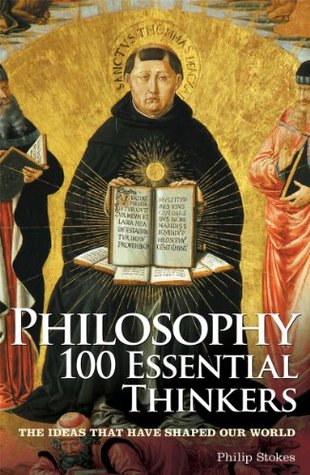Heidegger saw the history of philosophy as concerned with the wrong kind of questions. Ever since Plato, Heidegger complains, philosophers have been asking about what there is and what they can know about what there is. For Heidegger, these questions presuppose too much. They notoriously presuppose a number of dualisms, in particular the Cartesian one of subject and external world. Like Nietzsche, Heidegger rejects the division, rejects the notion of a world as external to some conscious spectator.
Welcome back. Just a moment while we sign you in to your Goodreads account.


